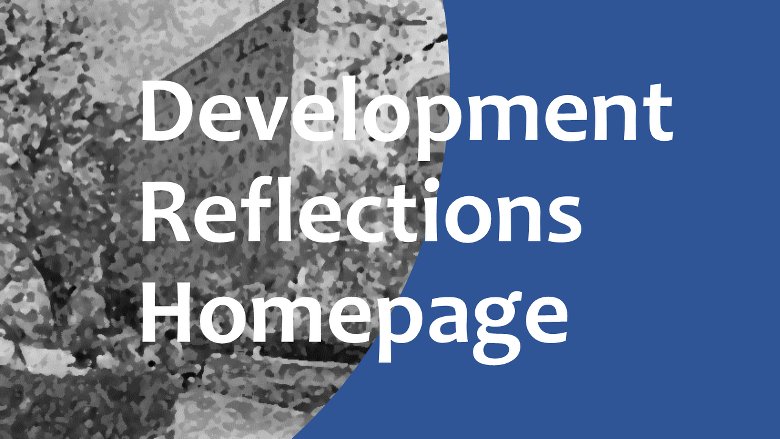"The work with CSOs that we see now, and especially programs like the GPSA [Global Partnership for Social Accountability], is novel, and the Bank needs to be given credit for that. And they reflect real adjustment of the Bank's business model to accommodate what it sees as modalities that add value to the development process in ways not envisioned at the founding of the institution." - Jeff Thindwa
Jeff reflects on his career at the Bank, particularly its relations with NGOs/CSOs, in this Development Reflection discussion with Elisa Liberatori Prati, former World Bank Chief Archivist.
"The thinking side of the Bank has been really groundbreaking and progressive in many ways. Whether it's Access to Information, social accountability, participatory approaches to development, governance as a multifaceted multi-stakeholder construct. But the practice is still a long way in catching up." - Jeff Thindwa
Starting from the 1970s, Jeff analyzes the Bank’s interactions with CSOs, examining the debt crisis of the 1990s, and leading into the Heavily Indebted Poor Countries initiatives [HIPC] under President Wolfensohn. The discussion follows the progression through the 2000s with President Zoellick to the founding of the Global Partnership on Accountability (GPSA).
"The GPSA idea was inspired in part by lessons from the Arab Spring in 2011 which was seen, as you all know, as a movement of citizens that was protesting government corruption, inequality and poverty, and the failed social contract." - Jeff Thindwa
Delving into both the present and future Bank, Jeff ponders the question of the Civil Society - World Bank relationship, hoping it can continue to grow and become more robust. Including personal anecdotes and lessons learned, he muses on the repercussions of an expanding definition of ‘Politics’ and the shrinking civil space.
Intrigued? Listen to this Development Reflections episode to learn about the importance of learning to build a better relationship with people on the ground and with CSOs.




